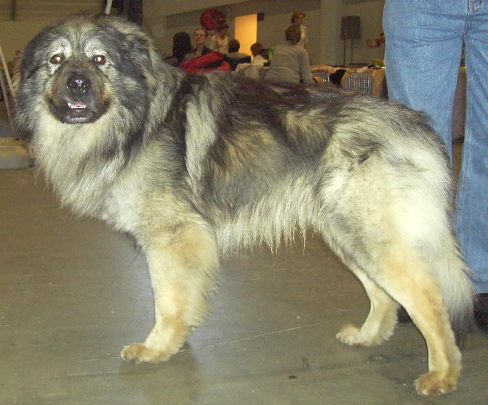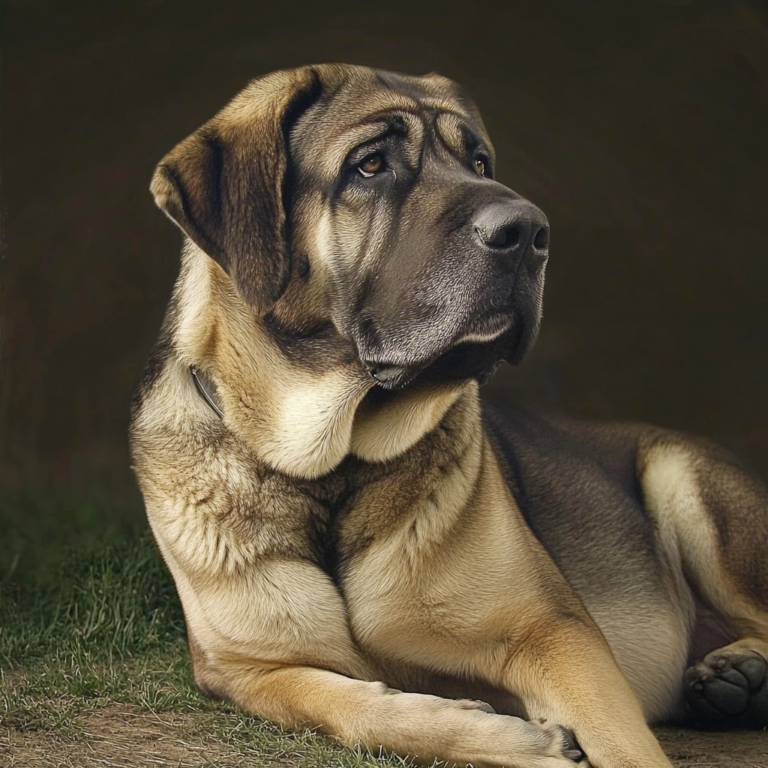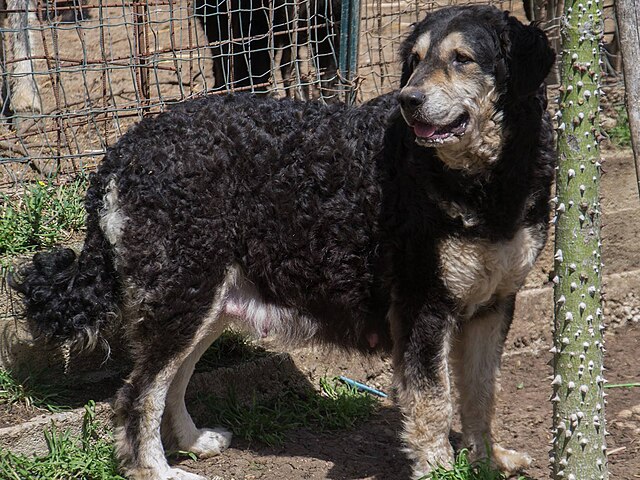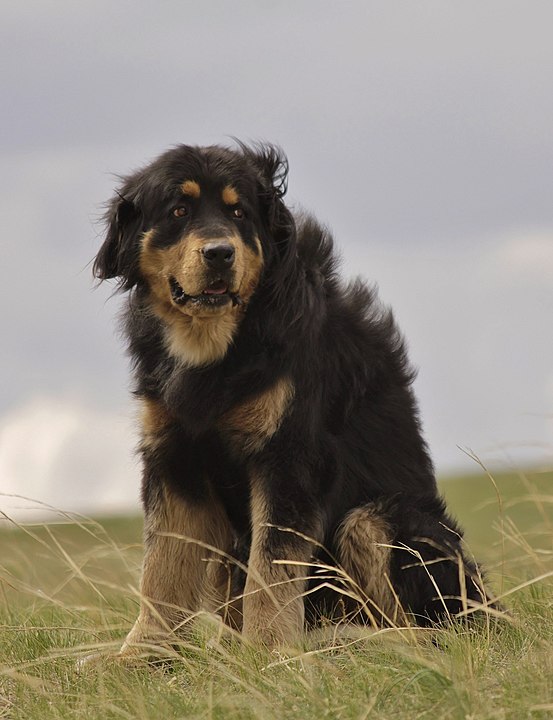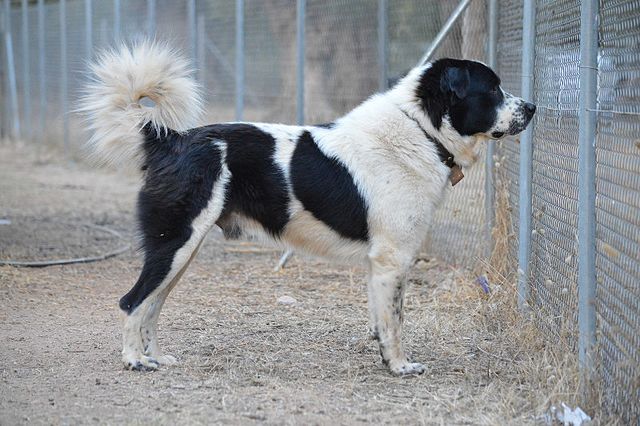The Karst Shepherd Dog is an ancient molosser-type breed – at one time the same breed as the Sarplaninac until the two were separated in 1968. Hailing from Slovenia, they were originally used as Livestock Guardians. Today they are recognized by the FCI, and in the United States by the UKC. This is a dog with an independent personality which is usually stable but can lean towards being sharp. Extremely brave, they make great guard dogs but only in the right households – this is not a dog for a first-time owner!
It is very important for Karsts to receive plenty of socialization when young in order for them to live with people in a “normal” way. This is important for all breeds, but the Karst especially as they are a large breed with an already-distrustful personality! If they are to be used to guard livestock, they should be socialized with the animals very early on as well. They can be kept as strictly pets although do require a fair bit of training and work to keep them happy. They enjoy having a job to do and it is a healthy outlet for their brains to be able to accomplish tasks on a regular basis.
Karst Shepherds enjoy having a purpose and are therefore good candidates for obedience training. Start young and establish the “rules of the game” early on for best results. It is also recommended to focus on teaching them good behaviors around the food bowl, as well as appropriate reactions to guests, as important early house rules. Some good lessons on boundary training (to stay out of certain rooms or off of furniture) are also helpful.
Karst Shepherds do have a high exercise requirement as they were bred to roam and trot around livestock fields all day. They were also used for herding as well. This means that they need physical exercise in order to be fulfilled, and unfortunately wandering around a small yard is not enough! Karsts that haven’t had enough exercise can become destructive and frustrating to live with. This breed is more of a strong powerhouse rather than a quick and agile animal, so he doesn’t necessarily need to be taken on jogs. Long walks are usually fine, even at a slow pace, provided that owner and dog are able to cover a good bit of distance.
The Karst Shepherd Dog does tend towards having a dominant temperament and is not a good match for a wishy-washy owner. While a well-socialized individual shouldn’t be needlessly aggressive, one will act defensively if he feels the situation warrants it (such as a home invasion). This said, a dog which has been raised to get away with whatever he wants is more likely to behave in aggressive ways. Owners should be ready to lay down rules of the household from the start. While the uninformed may think that setting down rules will hinder any guard dog traits, this couldn’t be further from the truth. A good Karst guard dog will naturally be protective of his owners and rules will help him be stable in the household.
The Karst tends to form strong bonds with his owner and has a loyal disposition. He can do well with children although is a better match for older kids that are well behaved. Supervision is recommended for all breeds to make sure that children are fair to the dog and the Karst is certainly no exception. The breed can spend a lot of time outside, particularly if he has been tasked with watching over livestock, although he does enjoy spending time with the family if possible.
